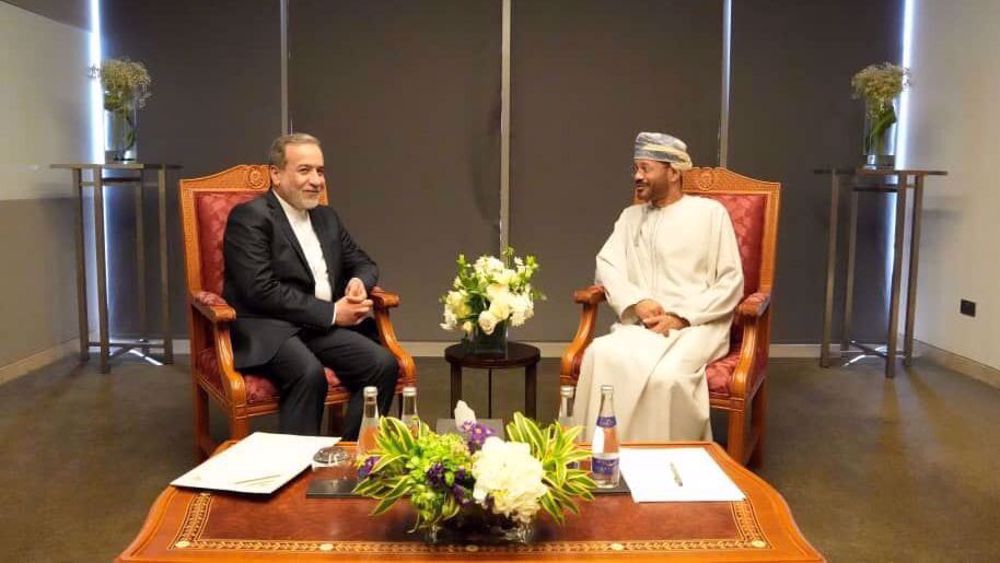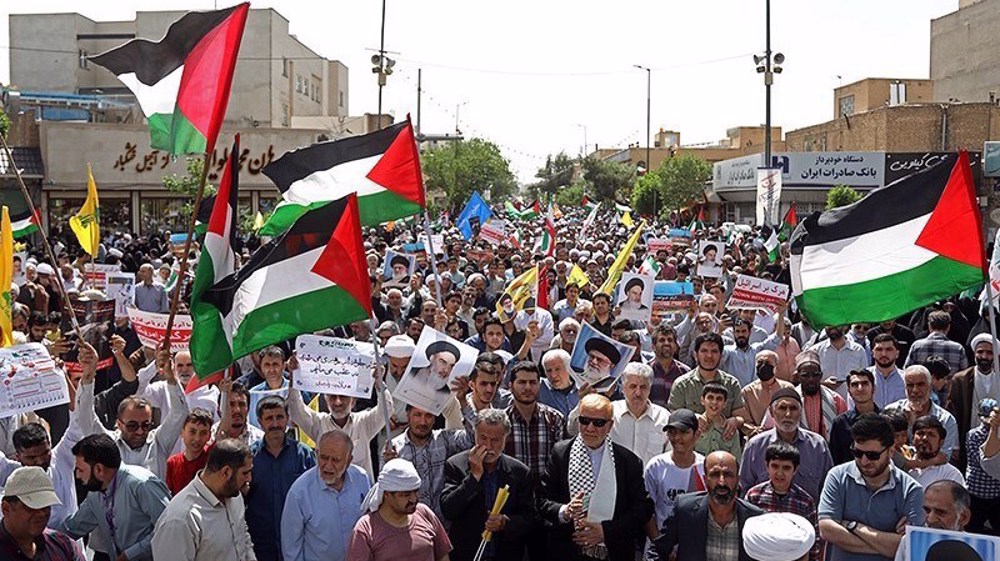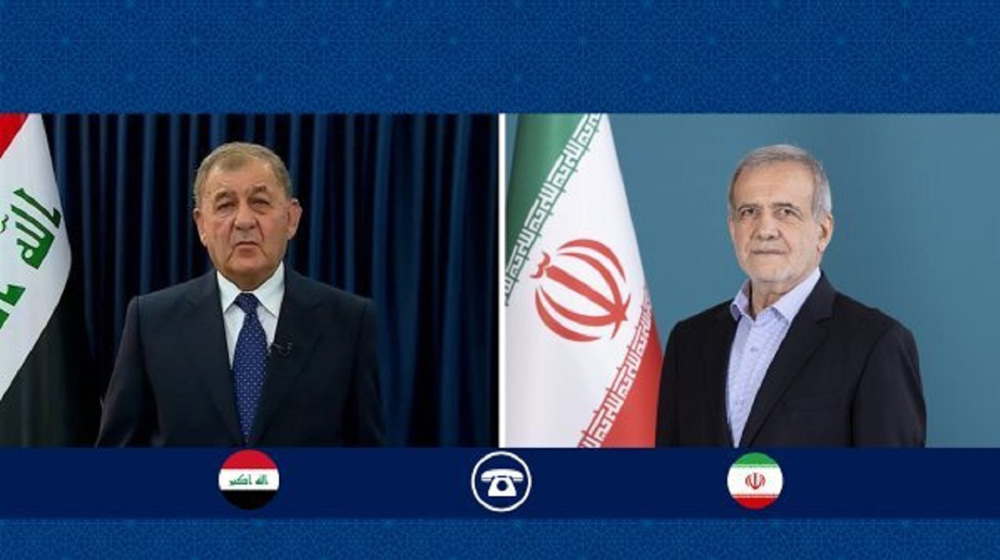Israeli foreign minister: Israel taking any action to stop ‘Iranian nuclear threat’
The Israeli foreign minister says the regime considers Iran’s nuclear abilities as an “existential threat” to itself, noting that Tel Aviv is taking any action to stop what he called “Iranian nuclear threat.”
Gabi Ashkenazi made the remarks on Sunday, a few days after a shed at Iran’s Natanz nuclear facility was damaged in an incident, whose cause has not been officially declared yet.
Natanz is a uranium enrichment center located near a city of the same name in central Isfahan Province, some 250 kilometers (155 miles) south of the capital, Tehran.
The center is among the sites now being monitored by the International Atomic Energy Agency (IAEA) under a 2015 nuclear deal, officially known as the Joint Comprehensive Plan of Action (JCPOA) between Tehran and major powers.
On Thursday morning, one of the sheds under construction in the open area of the site suffered damage following an incident, which caused no casualties and did not affect the activities at the complex, according to the spokesman for the Atomic Energy Organization of Iran (AEOI) at the time.
Israeli top diplomat, whose remarks were quoted by Jerusalem Post, further said, “We have a long-term policy over the course of many administrations not to allow Iran to have nuclear abilities.”
Therefore, Ashkenazi added, “We take actions that are better left unsaid.”
He also claimed that Iran “with those abilities is an existential threat to Israel, and Israel cannot allow it to establish itself on our northern border.”
Although Iran has fully adhered to the terms of JCPOA, in May 2018, US President Trump unilaterally pulled his country out of the landmark nuclear deal and re-imposed the sanctions, which had been lifted against Tehran, and began unleashing the “toughest ever” fresh sanctions.
The US’s intransigence flew in the face of the fact that the deal has been ratified by the United Nations Security Council (UNSC) in the form of its Resolution 2231.
The Safeguards Agreement between Iran and the IAEA ensures non-diversion of nuclear material declared by the Islamic Republic.
In another controversial move, Washington recently launched a campaign to renew the Iran arms ban—in place since 2006/2007 and is set to expire in October—through a resolution at the UNSC, despite the fact that the US is no longer a party to the JCPOA. Russia and China are against the push, and most likely to veto it.
Elsewhere in his comments, Ashkenazi said that the Israeli regime supported Washington’s efforts to ensure that the UN arms embargo against Tehran would not be extended past its original expiration date this October.
He noted that Tel Aviv could not accept a situation where Iran can purchase what he described as advanced weapons systems.
“The problem is not just attaining nuclear weapons, it’s that they are arming groups across the Middle East. Look at Hezbollah in Lebanon. That is why we’re making broad diplomatic efforts across the world,” he further claimed.
Back in January last year, Lieutenant General Gadi Eizenkot, Israel’s former army’s chief of staff, finally confirmed long-running reports of the regime’s collaboration with militant groups operating against the Syrian government, admitting that it has provided weapons to them.
Also on Sunday, Israeli minister of military affairs Benny Gantz said Tel Aviv will not allow a nuclear-capable Iran, and will stop it “by any means”.
Regarding the Natanz incident, Gantz said, “I cannot confirm or deny (Israel's involvement) in this or other incidents”.

Top Iranian, Omani diplomats meet ahead of indirect talks with US

Iranians rally nationwide in support of Gaza, blast international silence

Pezeshkian says relations with Iraq ‘priority’, hails proximity of two nations
VIDEO | New York students protest student deportations
VIDEO | Press TV's News Headlines
VIDEO | Clashes in Amsterdam amid pro-Palestine protest against corporations' ties with Israel
Top Iranian, Omani diplomats meet ahead of indirect talks with US
Israeli guards shave Star of David on Palestinian abductee’s head before release
How Microsoft fuels Gaza genocide and silences employees who speak out
Israel organizes controversial hiking tours for settlers in occupied Syrian territory: Report
US military launches new strikes on Yemen's capital, other provinces











 This makes it easy to access the Press TV website
This makes it easy to access the Press TV website